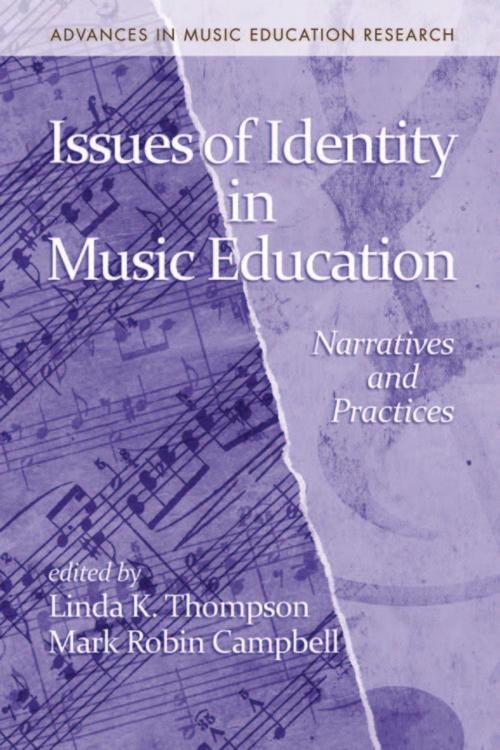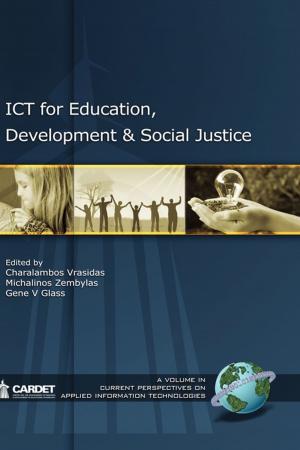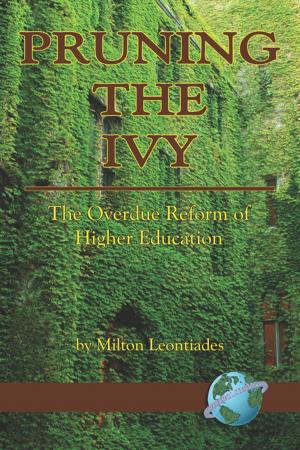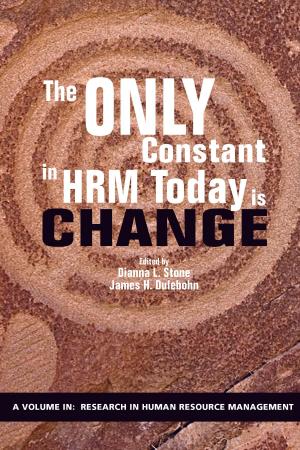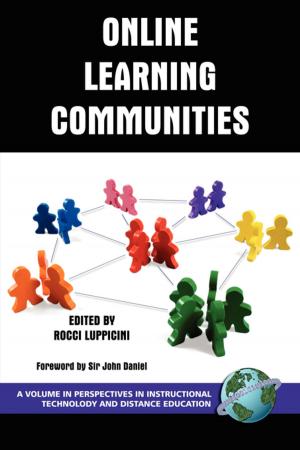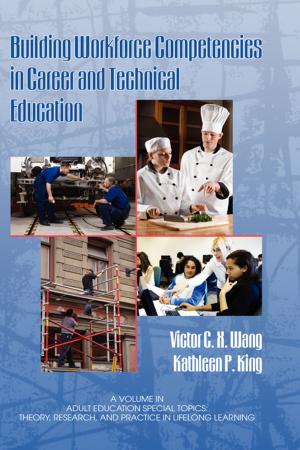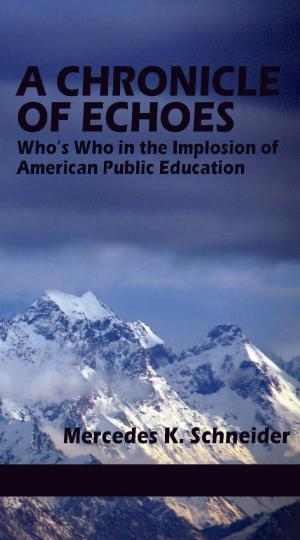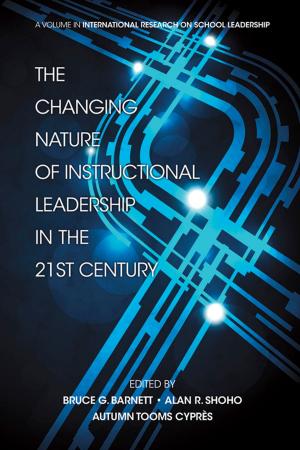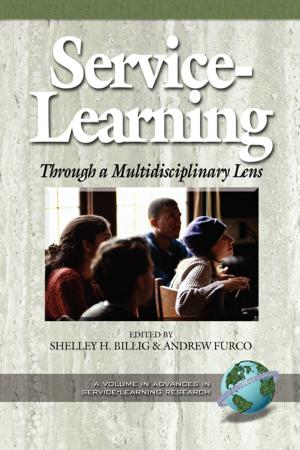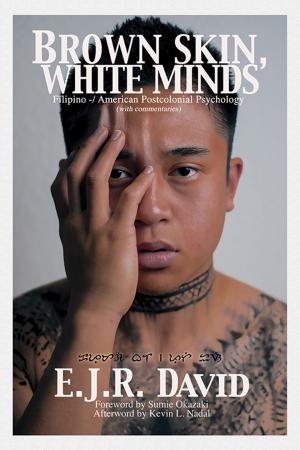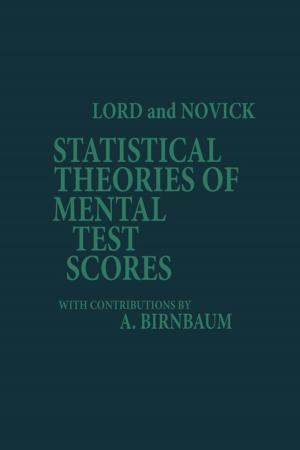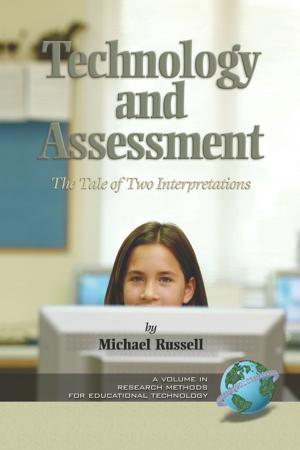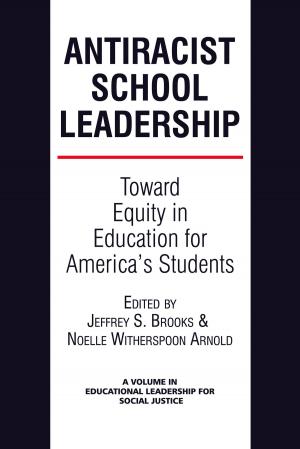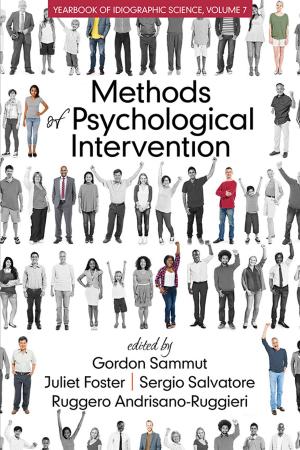Issues of Identity in Music Education
Narratives and Practices
Nonfiction, Entertainment, Music, Reference, General Reference, Instruments & Instruction, Instruction & Study, Theory & Criticism| Author: | ISBN: | 9781617350191 | |
| Publisher: | Information Age Publishing | Publication: | June 1, 2010 |
| Imprint: | Information Age Publishing | Language: | English |
| Author: | |
| ISBN: | 9781617350191 |
| Publisher: | Information Age Publishing |
| Publication: | June 1, 2010 |
| Imprint: | Information Age Publishing |
| Language: | English |
Editorial Board: William Bauer, Case Western Reserve University. Susan Wharton Conkling, Eastman School of Music, University of Rochester. Colleen Conway, University of Michigan. Lisa R. Hunter, The State University of New York College at Buffalo. Joshua A. Russell, The Hartt School, University of Hartford. Peter Whiteman, Institute of Early Childhood, Macquarie University. This book focuses on the stories of individuals—cooperating teachers and student teachers, undergraduate composers, singers and nonsingers, Hispanic and white students, and instrumental music educators. Individually and collectively, these studies tell stories about the ways that people, places, and spaces in music education interact to shape identity. Although using specific methodologies within both qualitative and quantitative traditions, collectively these studies create a kind of complementarity—the kind of inquiry symbiosis that Sandra Stauffer in Volume 2 avers we are ready to embrace in the profession. Continuing the practice of inviting essays from prominent educators, Volume 3 presents the thinking of Jean Clandinin on narrative inquiry. Her essay brings both added depth and clarity in understanding the key ideas, processes, relationships, and ethics involved in narrative research. Peter Whiteman’s and Regina Murphy’s concluding essays advance the conversation on the role of discussant within the context of the Annual Meeting of AERA. Whiteman and Murphy share insights from their own experiences as they describe the purposes and processes of this important role. Like the studies within this volume, these essays elucidate the various roles and identities we hold as researchers. This volume is a significant addition to the libraries of Schools of Music and Colleges of Education, as well as an important reference for music scholars and educators, researchers, and graduate students who are concerned with advancing both the scope and quality of research in the study of music teaching and learning.
Editorial Board: William Bauer, Case Western Reserve University. Susan Wharton Conkling, Eastman School of Music, University of Rochester. Colleen Conway, University of Michigan. Lisa R. Hunter, The State University of New York College at Buffalo. Joshua A. Russell, The Hartt School, University of Hartford. Peter Whiteman, Institute of Early Childhood, Macquarie University. This book focuses on the stories of individuals—cooperating teachers and student teachers, undergraduate composers, singers and nonsingers, Hispanic and white students, and instrumental music educators. Individually and collectively, these studies tell stories about the ways that people, places, and spaces in music education interact to shape identity. Although using specific methodologies within both qualitative and quantitative traditions, collectively these studies create a kind of complementarity—the kind of inquiry symbiosis that Sandra Stauffer in Volume 2 avers we are ready to embrace in the profession. Continuing the practice of inviting essays from prominent educators, Volume 3 presents the thinking of Jean Clandinin on narrative inquiry. Her essay brings both added depth and clarity in understanding the key ideas, processes, relationships, and ethics involved in narrative research. Peter Whiteman’s and Regina Murphy’s concluding essays advance the conversation on the role of discussant within the context of the Annual Meeting of AERA. Whiteman and Murphy share insights from their own experiences as they describe the purposes and processes of this important role. Like the studies within this volume, these essays elucidate the various roles and identities we hold as researchers. This volume is a significant addition to the libraries of Schools of Music and Colleges of Education, as well as an important reference for music scholars and educators, researchers, and graduate students who are concerned with advancing both the scope and quality of research in the study of music teaching and learning.
